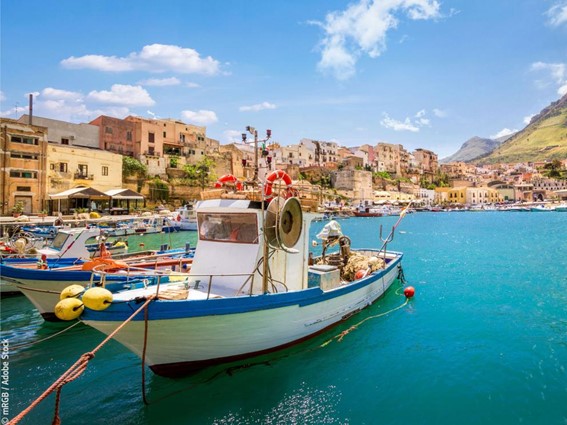Today, EU Fisheries Ministers agreed fishing opportunities for 2022 for the Mediterranean and the Black Seas.
European Commissioner for the Environment, Oceans and Fisheries Virginijus Sinkevičius welcomed the agreement:
Today we took an important step towards delivering on the political commitments made in the new 2030 Strategy of the General Fisheries Commission for the Mediterranean (GFCM), aimed at reversing the bad state of the stocks in the Mediterranean and the Black Seas. I am also pleased that the Member States remain committed to the continued implementation of the Western Mediterranean multiannual plan, and have supported the comprehensive package approach proposed by the Commission, although with a reduced level of ambition. We all faced difficult, but necessary choices that will lead us towards restoring the stocks to sustainable levels and ensuring the long-term social and economic viability for our fishermen and women operating in the region. Furthermore, I am happy that in the Adriatic, we have put in place a comprehensive and coherent management framework with the recent adoption of the GFCM small pelagics multiannual plan and the implementation of the GFCM Adriatic demersal multiannual plan. These measures will set us on the right path to achieve our objectives of sustainably managed fisheries and profitable fleets in these sea basins.
For the Mediterranean, the regulation continues the implementation of the EU multiannual management plan for demersal stocks in the Western Mediterranean, adopted in June 2019. It makes use of all the tools available under the plan, to ensure that EU fisheries remain on track to reach maximum sustainable yield (MSY) by 1 January 2025 at the latest.
This approach continues the reduction of the trawling fishing effort by 6 % and introduces new management tools in the form of catch limits for deep water shrimps and the establishment of an effort ceiling for long-liners. Catch limits are being introduced for the most overfished deep-water shrimps, for which the scientific advice stated that effort reduction alone would not be sufficient to achieve MSY by 2025. The measures will ensure the reduction of fishing mortality, while minimising the socio-economic impact on the fleets.
The regulation also introduces new measures for the management of the small pelagic species and demersal stocks in the Adriatic, adopted by the GFCM in 2021. For small pelagics, the proposal implements, in accordance with the new multiannual management plan, a reduction of catches of 5% for anchovy and 8% for sardines for 2022 and a fishing capacity ceiling. For the Adriatic demersal stocks, the regulation sets the new effort levels with a further reduction of 7% for demersal trawlers and 3% reduction for beam trawlers. These measures will enable a further improvement of the stocks, as confirmed by the latest scientific advice, showing an increase in the biomass of most stocks subject to the plan.
The regulation continues the implementation of 2018 and 2019 GFCM measures for deep water shrimp stocks in the Ionian and Levant Seas and the Strait of Sicily, common dolphinfish, European eel, red coral and blackspot seabream. For the Black Sea, the quotas for turbot and sprat remain at the 2021 level.
More information
Mediterranean and Black Seas: Commission proposes fishing opportunities for 2022


